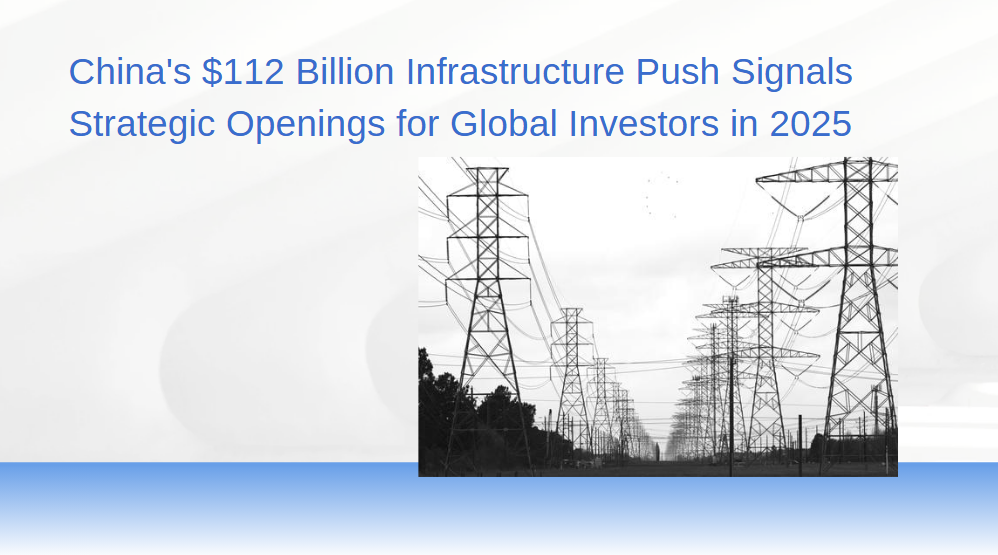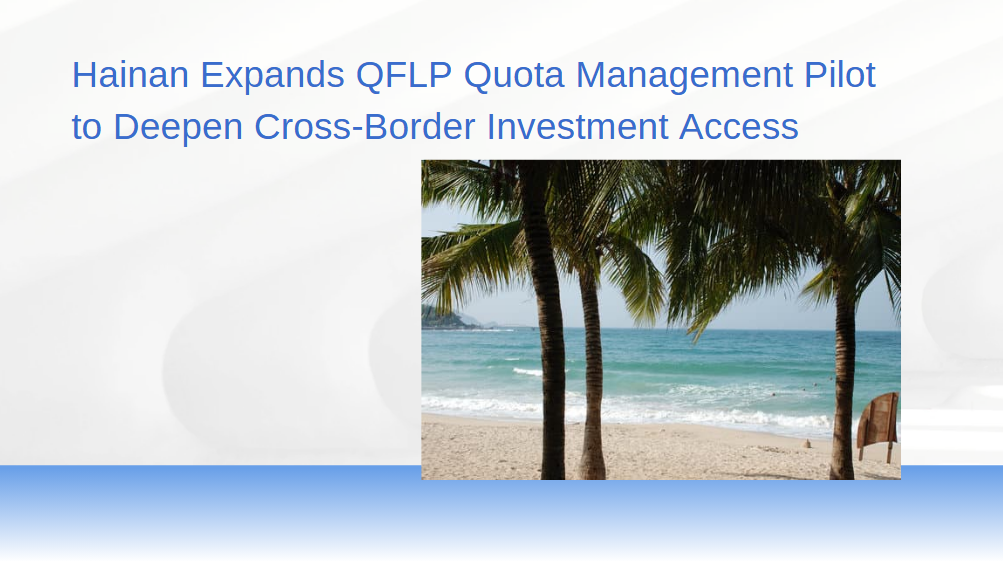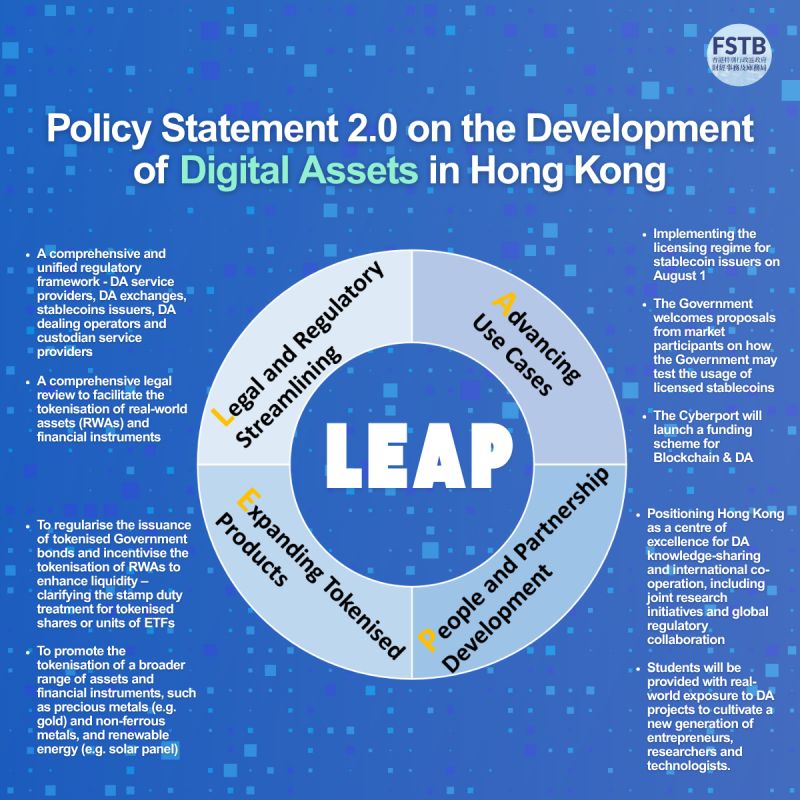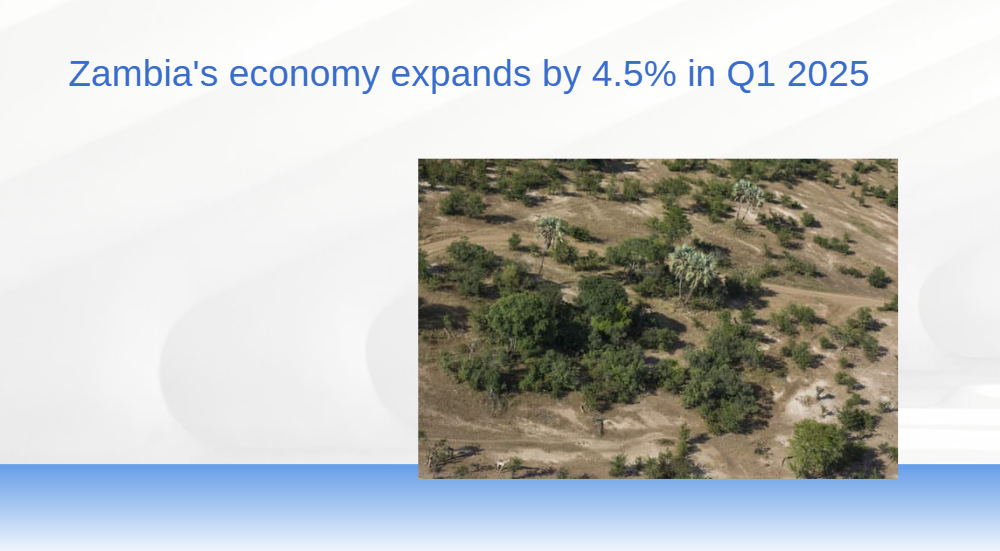Beijing Launches Global Alliance of Cities to Shape the Future of the Digital Economy
In a bold step toward institutionalizing multilateral collaboration in the digital era, Beijing on Wednesday inaugurated the Global Digital Economy Cities Alliance, bringing together more than 40 partner cities across five continents. The initiative, announced at the opening ceremony of the Global Digital Economy Conference 2025, signals a strategic deepening of international cooperation on digital infrastructure, data governance, and smart city innovation.
Held under the theme “Building Digitally Friendly Cities”, the conference drew over 300 international guests from 50+ countries and organizations, including the United Nations Development Programme (UNDP), the International Telecommunication Union (ITU), and the International Trade Centre (ITC). More than 1,000 delegates gathered at the China National Convention Center in Beijing to explore the next chapter in digital economic transformation.

From Bilateral Projects to a Multilateral Digital Architecture
The new alliance builds on Beijing's earlier efforts to foster global collaboration. In 2023, the city launched the Global Digital Economy Partner City Cooperation Initiative, followed by the adoption of six joint action plans with select partner cities in 2024. The 2025 upgrade to a formal multilateral alliance—supported by UN agencies and global institutions—marks a significant shift toward collective governance mechanisms for digital development.
According to official sources, the alliance will focus on four key areas:
Digital infrastructure, including connectivity standards and urban platforms
Cross-border data governance, aligning with emerging global norms
Artificial intelligence ethics, balancing innovation with responsible use
Smart city applications, targeting real-world integration across transport, health, energy, and administration
This new framework reflects a growing recognition that digital challenges—from AI to data flows—transcend national borders and require city-level agility backed by international consensus.
China's Evolving Urban Digital Strategy: A Case Study in Whole-City Transformation
Speaking at the opening ceremony, Liu Liehong, Director of the National Data Administration, emphasized that China is using cities as the foundational units for building a “Digital China.” Highlighting Beijing's recent efforts, Liu described a model of “whole-city digital transformation”, where data flows, utilization, and governance are embedded across every stage of urban planning, construction, and operations.
This approach, he said, has generated synergies across economic vitality, governance efficiency, and quality of life, by linking industrial modernization with advanced public services. “Urban digitalization must serve people's aspirations for a better life,” Liu noted, calling for deeper integration between industrial ecosystems and urban governance systems.
Notably, Liu underscored the role of data as a production factor, urging reforms that enable its market-based allocationand cross-sectoral circulation, especially in cities where industries, talent, and usage scenarios converge. This vision mirrors policy discussions in global capitals about treating data not merely as a privacy or regulatory issue, but as a fundamental economic input.
A Global Conversation on Digital Governance and Inclusive Growth
The conference also featured keynote speeches from UNDP's China Representative Beate Trankmann, Nobel Laureate Jean Tirole, and Deputy Mayor of Tashkent Durdona Rakhimova, among others. Each speaker emphasized the transformative power of digital technologies, while stressing the importance of inclusive development, ethical standards, and international coordination.
Jean Tirole, who was awarded the Nobel Prize in Economic Sciences for his work on market regulation, reiterated the need for “balanced digital governance frameworks”to prevent monopolistic behaviors and to safeguard innovation ecosystems. His comments align with broader policy debates in the EU, the US, and emerging markets over how to ensure both open markets and public trust in AI and data systems.
Implications for Global Stakeholders
For policymakers, investors, and urban innovation leaders outside China, the Global Digital Economy Cities Alliance represents more than symbolic diplomacy. It may evolve into a testbed for shared policy innovation, where emerging standards in AI, smart infrastructure, and data sharing are shaped collaboratively.
International law firms, consultancies, and digital infrastructure providers should watch this development closely, especially as cities—not just nations—become increasingly active in digital trade negotiations, pilot governance mechanisms, and cross-border innovation alliances.
Moreover, as countries from Latin America to Southeast Asia deepen ties with Chinese cities via this alliance, new channels for technology cooperation, regulatory harmonization, and urban digital diplomacy could emerge. Foreign professionals with expertise in digital ethics, infrastructure finance, or data policy will find growing demand for transnational advisory roles in this fast-evolving space.
From Local Pilot to Global Platform
With a “1+6+N” structure—comprising one opening ceremony, six major forums, and 46 thematic sessions—the conference continues through July 5 and addresses cutting-edge topics such as AI integration, digital security, data factor markets, and digital healthcare.
Beijing's leadership in establishing this global urban alliance, under the guidance of both national and international institutions, positions the city as a hub for digital multilateralism. Whether this experiment becomes a replicable model—or even a counterbalance to other digital governance frameworks—will depend on its ability to produce scalable, inclusive, and technically sound outcomes.
But one thing is clear: as cities take the lead in digital transformation, the frontier of global digital governance is shifting from ministries to mayors, from capitals to city clusters—and Beijing is positioning itself at the center of this new digital geography.






















































First, please LoginComment After ~